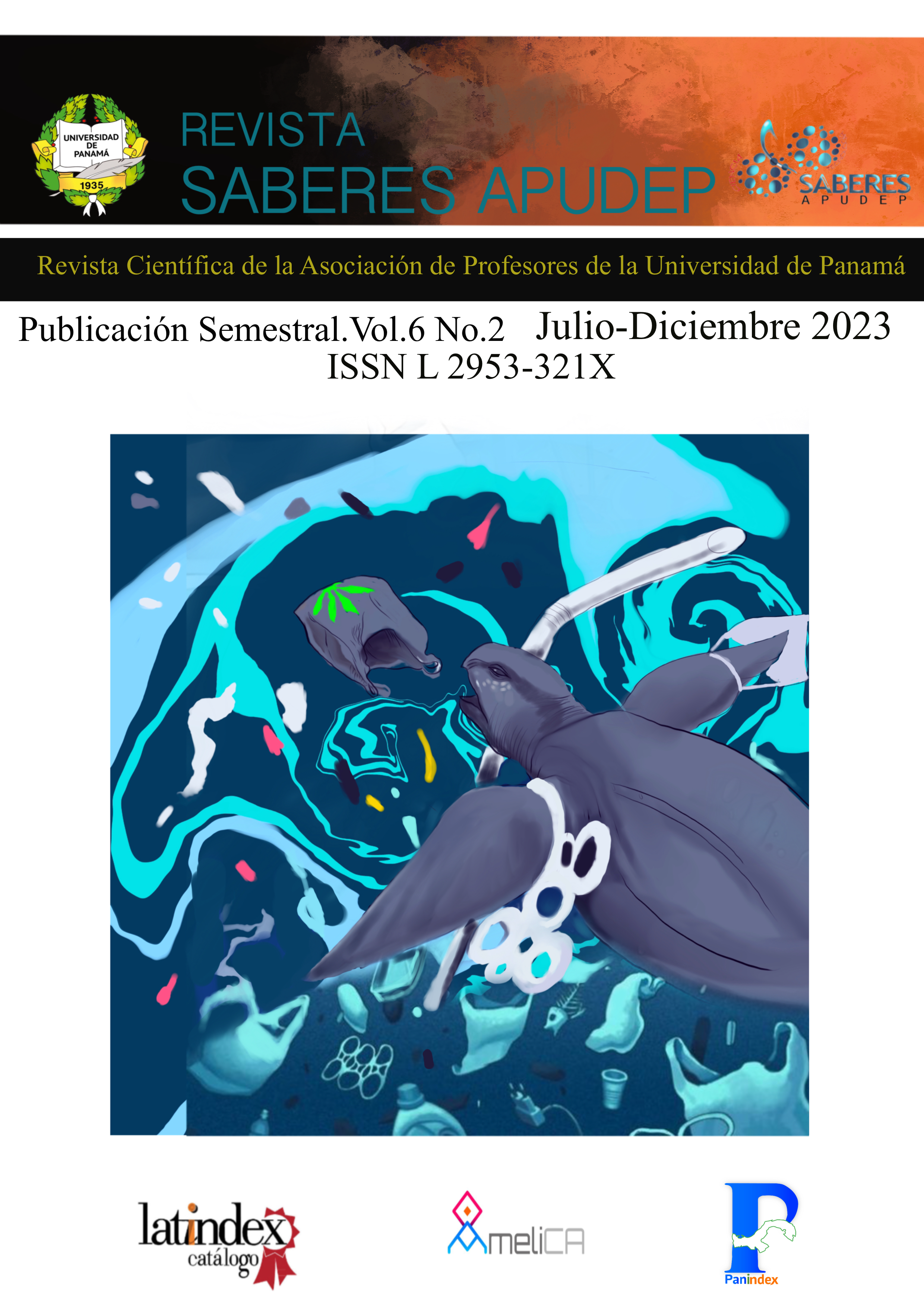

Copyright (c) 2023 Revista Saberes APUDEP

This work is licensed under a Creative Commons Attribution-NonCommercial-ShareAlike 4.0 International License.
This article explained what crime prevention is in Panama's current criminological policy, based on the analysis of the National Strategy for Citizen Security (ENSC) in Panama, proposed by the United Nations Development Program and the Ministry of Security from 2017 to 2030. It defines the concept of citizen security and identified the positive and negative aspects of the criminological policy in force in the Republic of Panama. The methodology used is qualitative-explanatory which allowed, after reviewing the bibliographic references that support it, to understand the cause-effect relationship of the Panamanian criminological policy based on the ENSC and the positive and negative aspects derived from it, achieving a broader understanding of this specific topic. The main conclusion is that citizen security, as understood in Panama, is that reality (objective and subjective) that allows the members of a community to enjoy the rights, guarantees and freedoms enshrined in a democratic society.